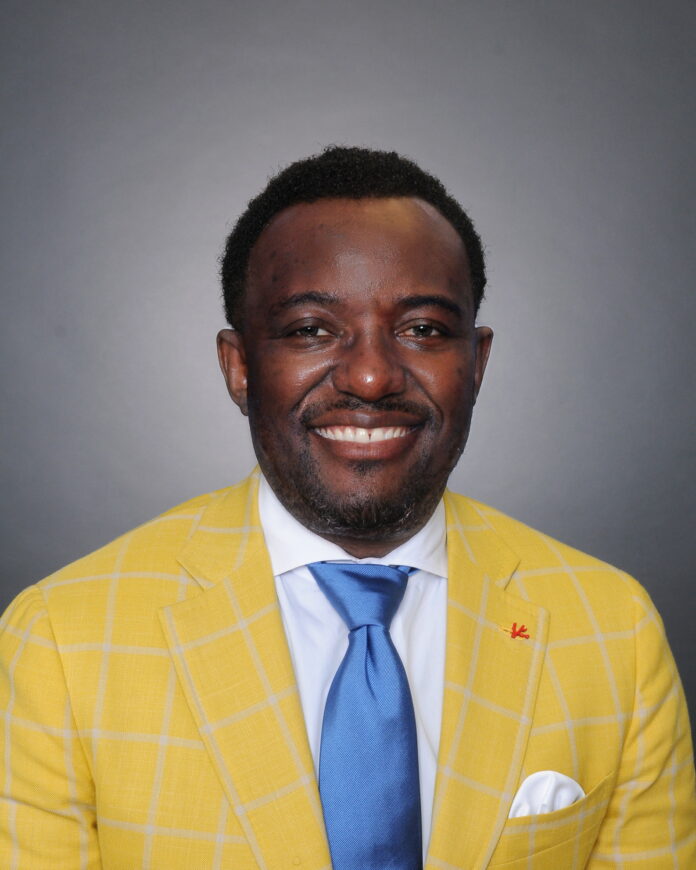An Oil and Gas expert, Dr. Jide Agunbiade, has underscored the need for the state to minimise its role in the development of oil and gas projects and refineries in Africa.
In his view, the state should rather facilitate investment in the oil and gas sector by establishing clear regulatory and fiscal regimes.
Dr Agunbiade, who is a director at National Oil Varco, a Houston, Texas based leading provider of equipment not of equipment and components used in oil and gas drilling and production operations, noted that oil and gas project financing in Africa can be improved if the state clarifies the rules of the game and assures project sponsors and lenders of stability of relevant policies.
Dr. Agunbiade believes there must be active involvement of local partners in the exploration of Africa’s hydrocarbon resources.
Ghana: Gov’t In Talks With Lukoil For DWCTP Oil Block After EXXONMOBIL Quit
UN Secretary-General, Antonio Guterres, recently urged international banks to stop financing oil and gas projects in response to climate change agenda.
“I also ask all public development banks to commit to exit from coal, domestically and abroad, and urgently phase out fossil fuel finance, and call on all governments to phase out fossil fuel subsidies, with clear time-bound targets and plans,” he said.
This call was seen as an opportunity by Simbe Wabote, Executive Secretary of Nigeria’s Content Development and Monitoring Board, who urged Africans to come together and establish bank to finance oil and gas projects in Africa.
Responding to a question posed by energynewsafrica.com on the proposal, Dr Agunbiade, who shared the view, noted that a consolidated African Bank and other multilateral institutions can offer valuable assistance based on their cross-country experience.
Painting a picture of the challenges financiers of oil and gas projects go through, he said, “Sponsors of oil and gas projects in developing countries often find themselves in a seemingly never -ending process while designing the ownership structure, security package, and financing plan.”
According to him, because of the risk associated with financing huge investment, “they try to achieve conflicting objectives—minimising the risk and financing costs while maximising the likelihood of successful and timely project implementation.
“To manage project risks, sponsors need to get more players involved,” he suggested.
Source: https://energynewsafrica.com














